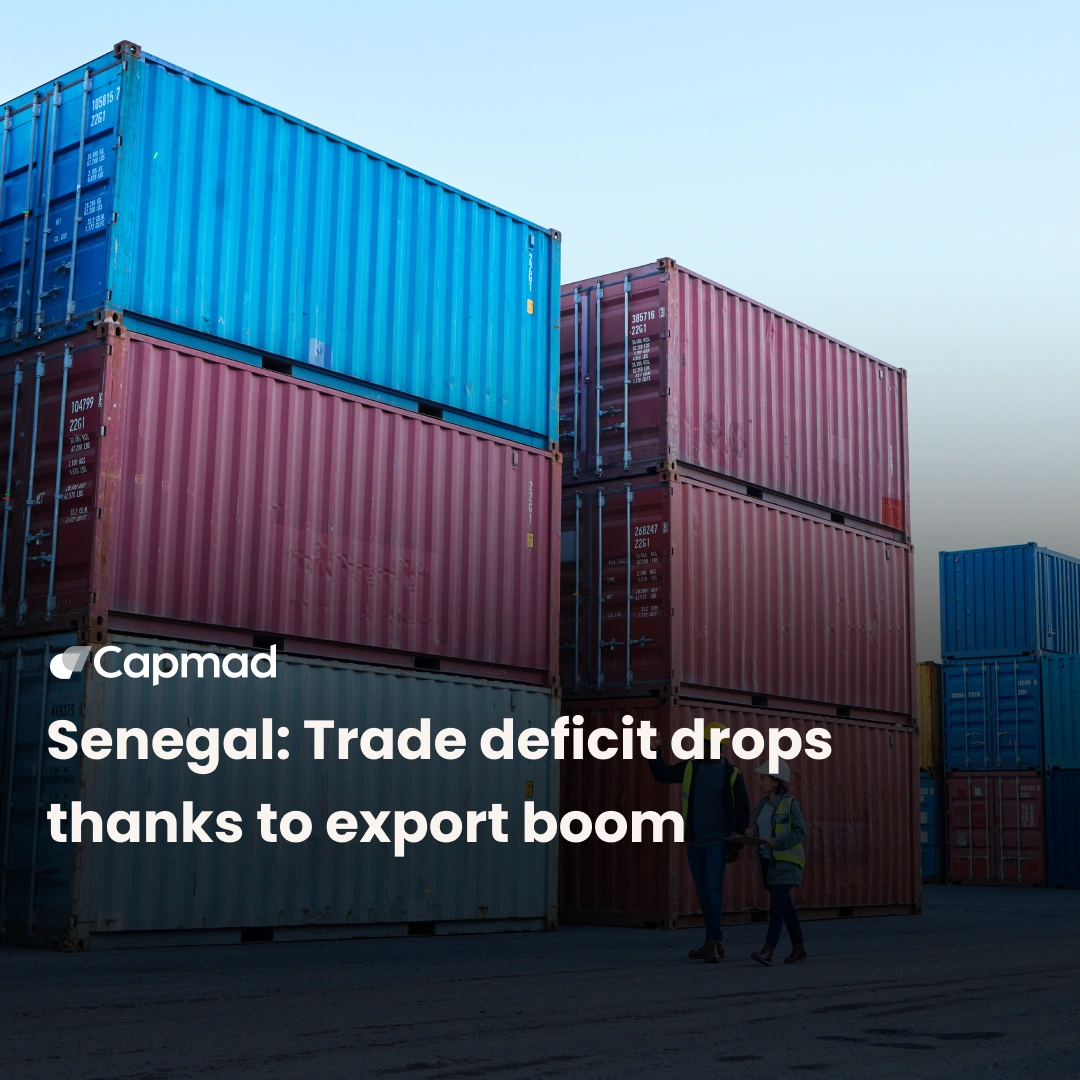Africa has over USD 165 billion of so-called “dormant” domestic capital. This sum could play a key role in its economic development and reduce the continent’s dependence on volatile external financing. This reality, highlighted at the 2025 Annual Meetings of the African Development Bank (AfDB), challenges the widespread belief of a capital shortage on the continent.
Origin and Nature of Dormant Capital
A large portion of this capital comes from African pension funds, insurance companies, and sovereign wealth funds.
In West Africa alone (Ghana and Nigeria), pension funds represent nearly USD 40 billion, more than 90% of which is invested in government securities, due to a lack of perceived opportunities in the real economy.
In total, these institutions manage assets of USD 2.1 trillion, but more than 80% are tied up in low-yielding investments, primarily Treasury bonds.
Paradoxes and Challenges
Despite these resources, Africa continues to rely heavily on foreign aid and international financing. In 2024, Africans invested USD 125 billion in cryptocurrencies, including USD 65 billion in Nigeria alone, illustrating a capital flight from the continent while local financing needs remain acute.
The main obstacles identified are:
- Macroeconomic instability
- High interest rates (sometimes above 20%)
- Regulatory bottlenecks, particularly for women and young entrepreneurs
Shallow local capital markets
The experts and financial officials gathered at the AfDB call for a paradigm shift:
- Develop sophisticated capital markets to channel local savings into productive investments and the real economy. Reduce dependence on foreign aid by first mobilizing domestic resources through bold investment policies led by African countries themselves.
- Foster a stable macroeconomic environment and reform regulations to facilitate access to capital, particularly for entrepreneurs and innovative sectors.
- Mobilize the African diaspora and encourage domestic investment rather than capital flight abroad.
Conclusion
The observation is clear: Africa does not lack capital, but rather effective mechanisms to mobilize it and channel it toward development. Priority must be given to creating a robust local financial ecosystem capable of transforming these dormant resources into engines of growth, inclusion, and economic resilience.






